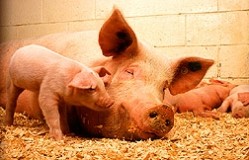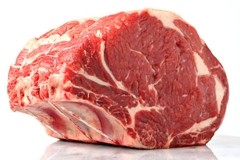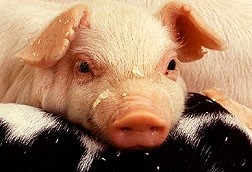New Zealand pork body appeals import standard judgment

The Wellington High Court judgement has relaxed health standards on imported pig meat, a move that will allow products in from countries known to have the virus, a pork industry body said.
The body representing pork farmers, NZPork, has filed papers appealing against the High Court’s judgment.
A spokesperson from NZPork told FoodNavigator-Asia that around about 800,000 kg of pig meat is imported into New Zealand each week, accounting for about 45% of total pig meat consumed.
Ian Carter, NZPork Chairman, said the body had been left with no alternative option than to file papers following the Ministry of Primary Industries’ (MPI) response to the judgment on May 4.
The MPI’s response did not alleviate the industry’s concerns, NZPork said, which is to effectively manage the risk of PRRS infecting New Zealand’s pig herd.
“Courts cannot determine scientific arguments, but we hoped the High Court would require MAF – now the Ministry for Primary Industries – to follow a more robust and transparent process that considered the science and the New Zealand environment before relaxing the import rules,” Carter said.
An important judgement
Existing rules have until now kept New Zealand animals safe from PRRS, making New Zealand one of very few countries in the world that have remained free of the virus.
“This is not a trade matter. Pig meat imports from countries affected by PRRS have almost doubled since the rules requiring treatment of potentially infected meat were introduced in 2001,” he said.
Katherine Rich, chief executive of the New Zealand Food And Grocery Council (NZFGC), said that this issue has been considered for around ten years by international and New Zealand experts.
“It has been subject to intense risk assessment by some of the world’s most highly regarded scientists in the field. The matter should be determined according to expert advice,” she said.










